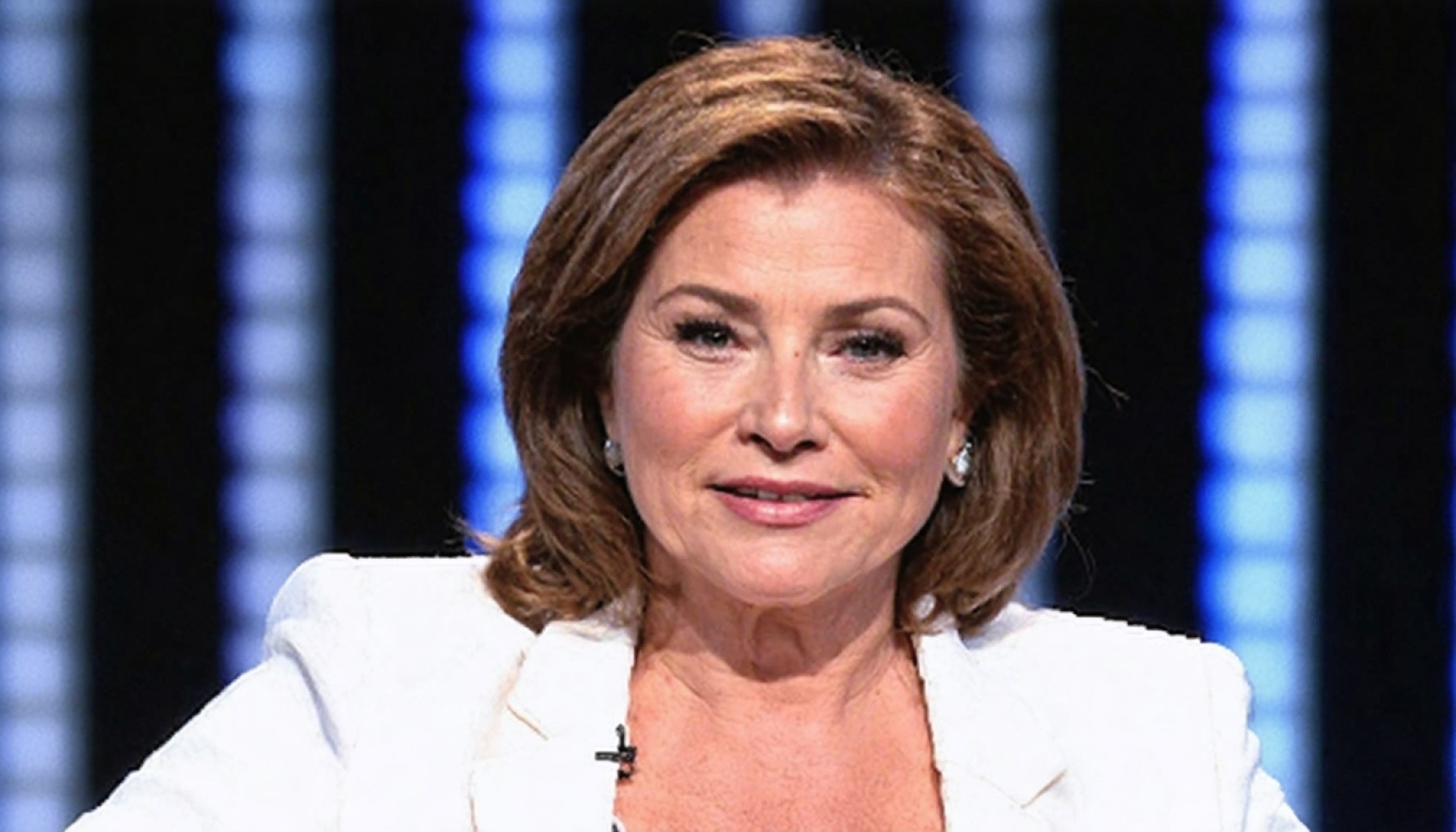- Yuri Ito, a well-loved freelance announcer, has stepped back from her role at the ABEMA “M-League” mahjong show due to health issues.
- Her departure highlights the importance of prioritizing personal well-being over public expectations.
- Despite leaving, Ito expressed gratitude and continued support for “M-League,” demonstrating her ongoing passion for the show.
- Earlier controversies included a live broadcast slip-up, where Saya Okada, a professional mahjong player, was caught criticizing Ito’s interviewing style, prompting public apologies.
- These events shed light on the pressures faced by public figures and the need for vulnerability and authenticity in the media industry.
A vibrant dawn fades as Yuri Ito, the well-loved freelance television announcer, takes a poignant step back from her role in the saturated landscape of Japanese broadcasting. Announcing her departure from the popular ABEMA “M-League” mahjong show via a heartfelt Instagram story, the 37-year-old beloved anchor cited ongoing health challenges as the reason behind her decision to step down.
In an era where public figures are beacons of resilience and drive, Ito’s decision underscores a rare moment of vulnerability. Profound gratitude mingled with remorse as she expressed her inability to continue, despite heartfelt messages from her audience anticipating her return. She thanked the show for their understanding and reiterated her unwavering devotion as a fan, promising to support “M-League” from afar, a testament to her enduring passion.
Yet, Ito’s announcement wasn’t the show’s sole spark of drama. Earlier this year, an unexpected slip-up aired live, capturing talent and professional mahjong player Saya Okada’s backstage critique of Ito’s interviewing style. This candid moment turned heads across the nation, leading to a series of public apologies from Okada as she sought to mend the ripple effect of her words, highlighting an unintended glimpse into the high-pressure world behind the camera.
In stepping down during such times, Ito sends a powerful reminder to audiences everywhere: the value of personal well-being far outweighs public expectation. As the curtain falls on this chapter, her story is a compelling call for all to prioritize health, with dignity and grace, above all else.
Why Yuri Ito’s Departure Could Change the Japanese Broadcasting Industry
Yuri Ito’s Decision to Prioritize Health: A Broader Implication
The unexpected announcement of Yuri Ito’s departure from the ABEMA “M-League” mahjong show has sparked conversations about the pressures faced by public figures in the broadcasting industry. The decision, deeply rooted in her ongoing health challenges, sheds light on the often overlooked aspect of mental and physical well-being in high-pressure careers. This revelation holds several insights and draws attention to important areas within the industry:
Real-World Use Cases: Prioritizing Health in High-Stress Occupations
Recent trends indicate a growing acknowledgment of mental health across various industries. Public personalities like Ito serve as critical role models, pushing for a culture that encourages prioritizing health over professional commitments. In Japan, where cultural norms often emphasize endurance, Ito’s move could prompt a shift in perspectives toward better work-life balance.
Market Forecasts & Industry Trends: Shifting Focus on Workplace Wellbeing
As media personalities openly discuss personal well-being, it is anticipated that broadcasters and content creators will adopt policies and frameworks to support employees. A 2023 study by the World Economic Forum highlights how mental health issues could reduce the global workforce’s productivity by 8% by 2030. Industry experts suggest that an increase in wellness programs combined with more mindful scheduling could be transformative.
Controversies & Limitations: High-Pressure Environments in Broadcasting
The industry is no stranger to high-stakes environments, potentially exacerbating stress. Ito’s situation opens a dialogue about the treatment of public figures and the community’s expectations. While the incident with Saya Okada’s critique may seem isolated, it highlights the intense pressure and scrutiny those in the limelight can face, possibly affecting their mental health.
Insights & Predictions: The Future of Broadcasting Professionals
With growing awareness around mental health, it is predicted that broadcasters and media houses will invest more in supportive environments. This shift could lead to the normalization of taking time off, open conversations about health issues, and greater acceptance of such decisions from the viewers’ end.
Actionable Recommendations for Viewers and Industry Professionals
– For Media Houses: Implement robust support systems focusing on mental health and well-being. Encourage dialogues around work-life balance with initiatives like flexible working hours and accessible mental health resources.
– For Viewers: Extend empathy and understanding toward public figures who choose to step back for personal reasons.
– For Industry Professionals: Prioritize self-care and be vocal about personal limits, encouraging a healthier working culture.
By embracing these recommendations, stakeholders across the board can help foster an environment that values health and well-being over relentless performance.
For more insights into industry transformations and professional development resources, visit World Economic Forum.
